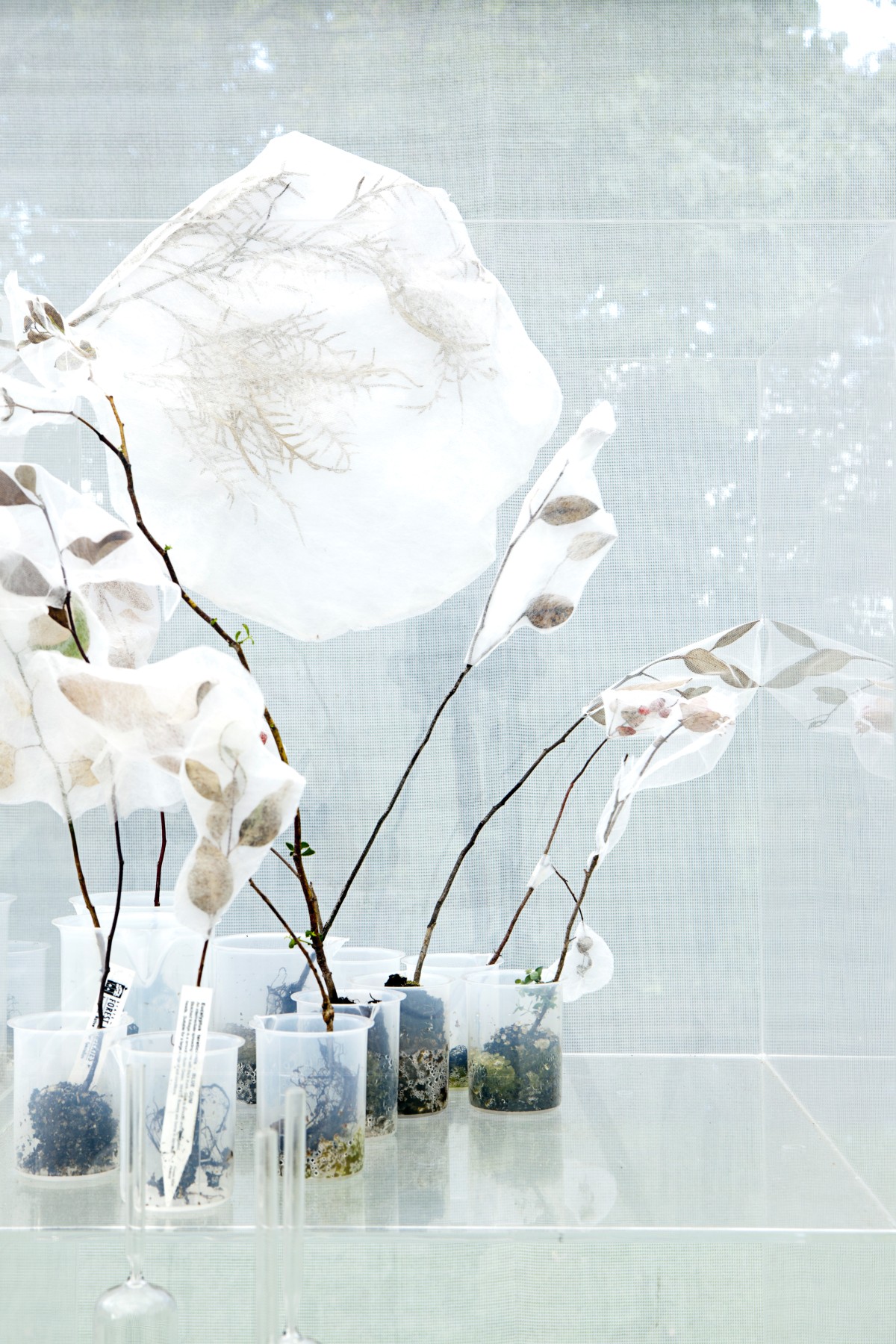 Mr. Manuel Cacho Quesada is the Spanish Ambassador in Canberra. He graduated in Law and in the Diplomacy School in Madrid. Between 1977 and 1995 he was assigned to diplomatic missions in the Democratic Republic of Congo, Chile, UK, and Israel. In 2005 he was appointed director general and speaker of Diplomatic Information Office at the Ministry of Foreign Affairs. Previously Mr Cacho has been the Spanish Ambassador in Nigeria, Siria and Cuba. In 2012 he was appointed General Secretary of the Foundation Asia-Pacific. In 2013 he was the head of the special mission for the candidancy of Spain to be a non-permanent member of the UN Security Council (UNSC) (2015-2016).
Mr. Manuel Cacho Quesada is the Spanish Ambassador in Canberra. He graduated in Law and in the Diplomacy School in Madrid. Between 1977 and 1995 he was assigned to diplomatic missions in the Democratic Republic of Congo, Chile, UK, and Israel. In 2005 he was appointed director general and speaker of Diplomatic Information Office at the Ministry of Foreign Affairs. Previously Mr Cacho has been the Spanish Ambassador in Nigeria, Siria and Cuba. In 2012 he was appointed General Secretary of the Foundation Asia-Pacific. In 2013 he was the head of the special mission for the candidancy of Spain to be a non-permanent member of the UN Security Council (UNSC) (2015-2016).
Dr. Sergio Leon-Saval
 Dr Sergio G. Leon-Saval is the Director of the Sydney Astrophotonic Instrumentation Laboratory (SAIL) at the University of Sydney and the president of the association of Spanish Researchers in Australia-Pacific (SRAP). He was awarded his PhD by the University of Bath, UK, in 2006. In October 2007 he joined the Optical Fibre Technology Centre (OFTC) in Sydney, Australia. In 2009, he moved to the University of Sydney, Australia where he is currently part of the Institute of Photonics and Optical Science (IPOS) Executive Committee; Senior Member of the Sydney Institute for Astronomy (SIfA); a Faculty Member of the School of Physics; and Director of the Sydney Astrophotonics Instrumentation Laboratory (SAIL). Dr Leon-Saval has more than 12 years of experience in the research area of photonics, optical devices and Astrophotonics –astronomical instrumentation using photonics. Dr Leon-Saval has co-authored over 70 international refereed journals and more than 110 conference papers since 2004 with over 4532 citations, and a h-index of 35. He is a reviewer and editor for several international technical programme committees (TPC); and a member of international organisations such as the Optical American Society (Senior Member), IEEE, and the Optical Australian Society. Dr Leon-Saval works in photonics, optical fibre devices and astronomical/space instrumentation. His major expertise is on optical fibre transitions for device applications. More recently his research has been focused on the development of photonic new concepts for astronomical instrumentation and spectroscopy, telecommunications and remote sensing for the farming industry.
Dr Sergio G. Leon-Saval is the Director of the Sydney Astrophotonic Instrumentation Laboratory (SAIL) at the University of Sydney and the president of the association of Spanish Researchers in Australia-Pacific (SRAP). He was awarded his PhD by the University of Bath, UK, in 2006. In October 2007 he joined the Optical Fibre Technology Centre (OFTC) in Sydney, Australia. In 2009, he moved to the University of Sydney, Australia where he is currently part of the Institute of Photonics and Optical Science (IPOS) Executive Committee; Senior Member of the Sydney Institute for Astronomy (SIfA); a Faculty Member of the School of Physics; and Director of the Sydney Astrophotonics Instrumentation Laboratory (SAIL). Dr Leon-Saval has more than 12 years of experience in the research area of photonics, optical devices and Astrophotonics –astronomical instrumentation using photonics. Dr Leon-Saval has co-authored over 70 international refereed journals and more than 110 conference papers since 2004 with over 4532 citations, and a h-index of 35. He is a reviewer and editor for several international technical programme committees (TPC); and a member of international organisations such as the Optical American Society (Senior Member), IEEE, and the Optical Australian Society. Dr Leon-Saval works in photonics, optical fibre devices and astronomical/space instrumentation. His major expertise is on optical fibre transitions for device applications. More recently his research has been focused on the development of photonic new concepts for astronomical instrumentation and spectroscopy, telecommunications and remote sensing for the farming industry.
Prof. Jane Dahlstrom
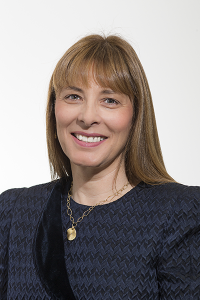 Prof. Jane Dahlstrom is Acting Dean of the College of Health and Medicine at the Australian National University (ANU) and also Professor of Pathology at ANU Medical School. She is a Senior Staff Specialist at ACT Pathology, The Canberra Hospital where she is in charge of the immunohistochemistry laboratory. Jane was born and raised in Sydney Australia. She is a medical graduate of Sydney University. After completing her PhD at the John Curtin School of Medical Research at the ANU she entered speciality training in Anatomical Pathology. She is a Fellow of the Royal College of Pathologists of Australasia (RCPA) in Anatomical Pathology, Oral Pathology and is a founding Fellow of the Faculty of Science of her College. Jane is an active researcher with particular interests in immunohistochemistry, placental, breast and oral pathology.
Prof. Jane Dahlstrom is Acting Dean of the College of Health and Medicine at the Australian National University (ANU) and also Professor of Pathology at ANU Medical School. She is a Senior Staff Specialist at ACT Pathology, The Canberra Hospital where she is in charge of the immunohistochemistry laboratory. Jane was born and raised in Sydney Australia. She is a medical graduate of Sydney University. After completing her PhD at the John Curtin School of Medical Research at the ANU she entered speciality training in Anatomical Pathology. She is a Fellow of the Royal College of Pathologists of Australasia (RCPA) in Anatomical Pathology, Oral Pathology and is a founding Fellow of the Faculty of Science of her College. Jane is an active researcher with particular interests in immunohistochemistry, placental, breast and oral pathology.
A/Prof. Mar Racionero
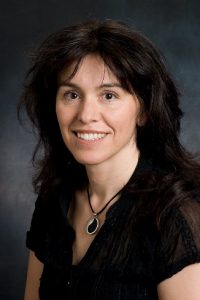 Mar Racionero is Associate Professor, ANU Research School of Economics, and Associate Dean (HDR), ANU College of Business and Economics. She is a member of the association of Spanish Researchers in Australia-Pacific. Dr. Racionero obtained the First National Prize, awarded by the Spanish Ministry of Education, upon completion of her undergraduate studies. She pursued her doctoral studies at the Universitat Autonoma de Barcelona, within the IDEA program (International Doctorate in Economic Analysis), where she obtained both a Master and a Ph D degrees in Economics. From 1997 she benefited from a TMR European Community grant to conduct research at CORE (Universite Catholique de Louvain, Belgium). Her main field of research is public economic theory, with particular interest in optimal taxation theory, and her work has been published in refereed international journals (Canadian Journal of Economics, European Economic Review, European Journal of Political Economy, Journal of Public Economic Theory, Oxford Economic Papers and International Tax and Public Finance).
Mar Racionero is Associate Professor, ANU Research School of Economics, and Associate Dean (HDR), ANU College of Business and Economics. She is a member of the association of Spanish Researchers in Australia-Pacific. Dr. Racionero obtained the First National Prize, awarded by the Spanish Ministry of Education, upon completion of her undergraduate studies. She pursued her doctoral studies at the Universitat Autonoma de Barcelona, within the IDEA program (International Doctorate in Economic Analysis), where she obtained both a Master and a Ph D degrees in Economics. From 1997 she benefited from a TMR European Community grant to conduct research at CORE (Universite Catholique de Louvain, Belgium). Her main field of research is public economic theory, with particular interest in optimal taxation theory, and her work has been published in refereed international journals (Canadian Journal of Economics, European Economic Review, European Journal of Political Economy, Journal of Public Economic Theory, Oxford Economic Papers and International Tax and Public Finance).
Dr. Paula Llull-Llobera
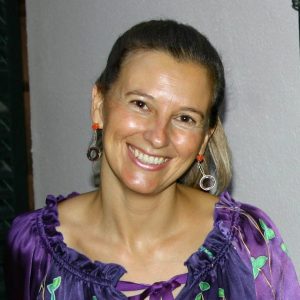 Dr. Paula Llull-Llobera is Gallery Manager at Craft ACT: Craft + Design Centre in Canberra. She is a member of the association of Spanish Researchers in Australia-Pacific (SRAP). Paula completed her PhD at the University of Seville (Spain) in 2017. Her main topic is the relationship artists establish with nature and public space through sculpture and installation, and how these media evolve formally, often influenced by disciplines outside the world of art, with the goal of achieving a true integration into the environment. She has published several articles and interviews in Sculpture magazine, chapters in ISC monographs and in the ISC blog re:sculpt. Most of her previous work was producing and curating “site-specific” works in museums and art centres in Spain and in Australia.
Dr. Paula Llull-Llobera is Gallery Manager at Craft ACT: Craft + Design Centre in Canberra. She is a member of the association of Spanish Researchers in Australia-Pacific (SRAP). Paula completed her PhD at the University of Seville (Spain) in 2017. Her main topic is the relationship artists establish with nature and public space through sculpture and installation, and how these media evolve formally, often influenced by disciplines outside the world of art, with the goal of achieving a true integration into the environment. She has published several articles and interviews in Sculpture magazine, chapters in ISC monographs and in the ISC blog re:sculpt. Most of her previous work was producing and curating “site-specific” works in museums and art centres in Spain and in Australia.
Dr. Marina Trigueros
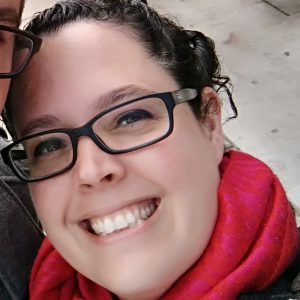 Marina Trigueros is a Scientific Graphic Designer and Animator at Cariboo Design and a member of the association of Spanish Researchers in Australia-Pacific. Cariboo is a graphic design Studio devoted to Scientific Illustration producing 3D animations, covers and pictures for scientific journals, stunning posters and logos for biotech companies. These creations aim to make a difference in the way organisations explain science, and how their target public understands it. Cariboo has recently collaborated with CropLife Australia which represents the innovators, developers, manufacturers, formulators and registrants of crop protection and ag-biotechnology products.
Marina Trigueros is a Scientific Graphic Designer and Animator at Cariboo Design and a member of the association of Spanish Researchers in Australia-Pacific. Cariboo is a graphic design Studio devoted to Scientific Illustration producing 3D animations, covers and pictures for scientific journals, stunning posters and logos for biotech companies. These creations aim to make a difference in the way organisations explain science, and how their target public understands it. Cariboo has recently collaborated with CropLife Australia which represents the innovators, developers, manufacturers, formulators and registrants of crop protection and ag-biotechnology products.
Prof. Carola García de Vinuesa
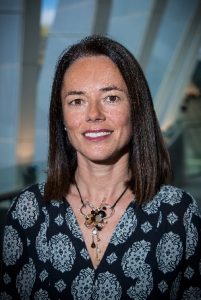 Carola García de Vinuesa is currently professor of Immunology at the Australian National University and Director of the Centre for Personalised Immunology (CPI), an NHMRC Centre for Research Excellence. She obtained a medical degree at the Autonomous University of Madrid. She undertook specialist clinical training in the UK and in 2000 was awarded a PhD by the University of Birmingham. A year later she was the recipient of a Wellcome Trust International Travelling prize Fellowship to do postdoctoral work at The John Curtin School for Medical Research in The Australian National University. Since 2006 she has been a group leader. She has been the recipient of several prestigious awards including the Science Minister’s Prize for Life Scientist of the year (2008), the Gottschalk Medal of the Australian Academy of Sciences (2009). In 2015, she was elected as a Fellow of the Australian Academy of Science. Carola Vinuesa’s research aims to unravel the complex interaction of cells and molecules that regulate the production of potent, long-lasting antibody responses and to identify genetic abnormalities that interfere with this process and contribute to the development of autoimmunity.
Carola García de Vinuesa is currently professor of Immunology at the Australian National University and Director of the Centre for Personalised Immunology (CPI), an NHMRC Centre for Research Excellence. She obtained a medical degree at the Autonomous University of Madrid. She undertook specialist clinical training in the UK and in 2000 was awarded a PhD by the University of Birmingham. A year later she was the recipient of a Wellcome Trust International Travelling prize Fellowship to do postdoctoral work at The John Curtin School for Medical Research in The Australian National University. Since 2006 she has been a group leader. She has been the recipient of several prestigious awards including the Science Minister’s Prize for Life Scientist of the year (2008), the Gottschalk Medal of the Australian Academy of Sciences (2009). In 2015, she was elected as a Fellow of the Australian Academy of Science. Carola Vinuesa’s research aims to unravel the complex interaction of cells and molecules that regulate the production of potent, long-lasting antibody responses and to identify genetic abnormalities that interfere with this process and contribute to the development of autoimmunity.
Prof. Luis Salvador-Carulla
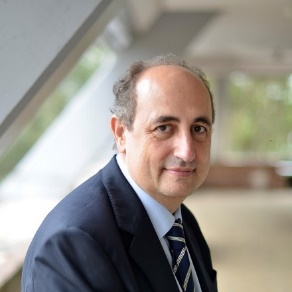 Professor Luis Salvador-Carulla is the head of the Centre for Mental Health Research at the Research School of Population Health, Australian National University (ANU) in Canberra (Australia) and the past-president of SRAP. He is honorary professor of the Menzies Centre for Health Policy at the University of Sydney, where he hold a professorship at the Faculty of Health Sciences until 2017. He has been advisor to the Government of Catalonia (Spain), the Spanish Ministry of Health, the European Commission (EC) and the World Health Organisation (WHO). His research has been focused in developing decision support systems in health and social policy, including tools for analysis of technical efficiency and benchmarking, indicators for health policy analysis and priority setting in mental health and in disability. He has coordinated the Integrated Atlas of Mental Health Project for mapping mental health services in over 30 local areas around the World. He received the Leon Eisenberg Award of the Harvard Medical School in 2012 for his contributions in the field of developmental disorders.
Professor Luis Salvador-Carulla is the head of the Centre for Mental Health Research at the Research School of Population Health, Australian National University (ANU) in Canberra (Australia) and the past-president of SRAP. He is honorary professor of the Menzies Centre for Health Policy at the University of Sydney, where he hold a professorship at the Faculty of Health Sciences until 2017. He has been advisor to the Government of Catalonia (Spain), the Spanish Ministry of Health, the European Commission (EC) and the World Health Organisation (WHO). His research has been focused in developing decision support systems in health and social policy, including tools for analysis of technical efficiency and benchmarking, indicators for health policy analysis and priority setting in mental health and in disability. He has coordinated the Integrated Atlas of Mental Health Project for mapping mental health services in over 30 local areas around the World. He received the Leon Eisenberg Award of the Harvard Medical School in 2012 for his contributions in the field of developmental disorders.
